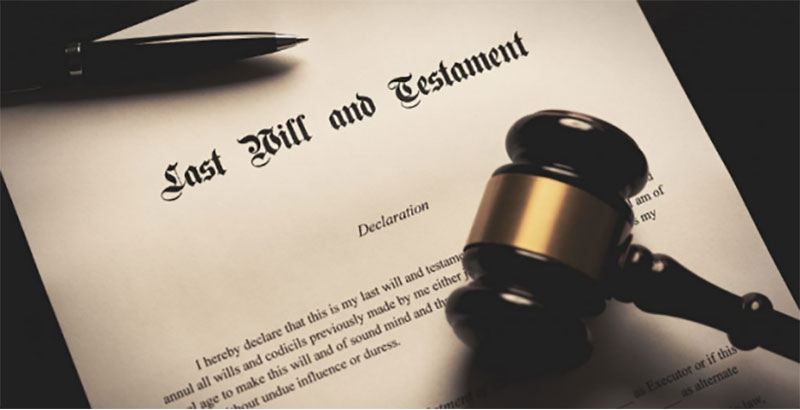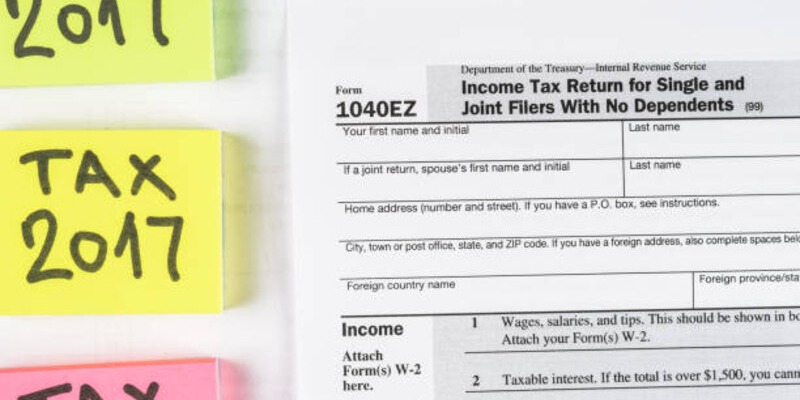The federal estate tax requires the payment of a set percentage of the estate's value above the applicable exemption for the year. In 2023, an individual can avoid paying federal estate tax on $12.92 million (or $25.84 million with a spouse). There won't be any federal estate tax to pay if your estate's valuation at death is below the applicable threshold.
If an estate's total value exceeds $12.92 million, the estate can deduct that amount. For example, if an estate's worth is $15 million, only the $2,080,000 above the exemption would be subject to estate tax. If your estate is worth more than the exemption, you will be subject to the following tax rates:
How to Avoid the Estate Tax

Most individuals could be more enthusiastic about paying estate taxes once dead. As a result, a variety of methods are available to either reduce your estate tax liability or eliminate it entirely. If you anticipate your estate may owe estate tax, we discuss many strategies for avoiding it below.
1. Consider Equity Release
Your wealth could be at risk if attached to your primary residence, making it impossible to use during your lifetime or as gifts. But to avoid this, some people opt for a lump sum equity release plan. Your trust will lend the money to your heirs without interest.
This no-interest loan can be rescinded in the event of a divorce, keeping your wealth in the family. It's important to keep in mind that equity release can lower your estate's assets and add to your debt. If you don't need the money immediately to maintain your current standard of living, then it makes sense to give away assets early.
2. Give Gifts to Family
If you have a lot of money, you can avoid paying the estate tax by giving it to your loved ones during your lifetime. In 2023, you can give away up to $17,000 to a single recipient without incurring gift taxes (or up to $34,000 if you're married and filing jointly). You can avoid paying gift tax on gifts up to $12.92 million (in 2023) throughout your lifetime.
The number of people you can give presents to in a year is unlimited. If your estate is worth $18 million, you have until the net value of your estate is less than or equal to $12.92 million to distribute it to your loved ones tax-free. Remember that this limit affects both the gift tax and the estate tax.
3. Get Some Life Insurance
If you know your time on earth is limited, you should abandon this plan immediately. This plan should have been implemented yesterday. This is the basic concept: Invest in a life insurance policy today with a death benefit that will more than cover the estate tax you anticipate paying someday.
Using this method, your heirs can avoid spending their entire inheritance on taxes. Buying life insurance will cost you much less than paying the IRS the same amount. Again, the goal is to ensure that your heirs have access to the funds necessary to settle potential tax liabilities.
4. Form A Permanent Life Insurance Trust

This trust arrangement protects the surviving spouse from paying a hefty inheritance tax bill out of the deceased spouse's estate proceeds.
For the sake of argument, let's say that your family's estate is worth $50 million and that you and your spouse each have $10 million in life insurance. If the surviving spouse is designated as the beneficiary upon the first spouse's death, they will get the $10 million. The property's value has increased to $60 million. Before you even see a dollar of that increase, $4 million has been effectively set up for the estate tax.
By modifying your existing life insurance policy, the ILIT safeguards you against this scenario.
5. Set Up a Donor Advised Fund
A DAF can be compared to a medical FSA. It's a place to put money aside for a specific goal, where it can grow tax-free. The goal of a donor-advised fund is to donate the funds to a good cause eventually. In contrast, a trust lets you keep complete discretion over the timing and recipients of your charitable contributions. And your successors in management can carry on after your passing.
However, the value of your estate will be reduced after you transfer funds to a DAF. Hopefully, this sheds light on how to circumvent the inheritance tax. A hefty tax advantage is also waiting for you the following year. To learn more about donor-advised funds, please read this article.




